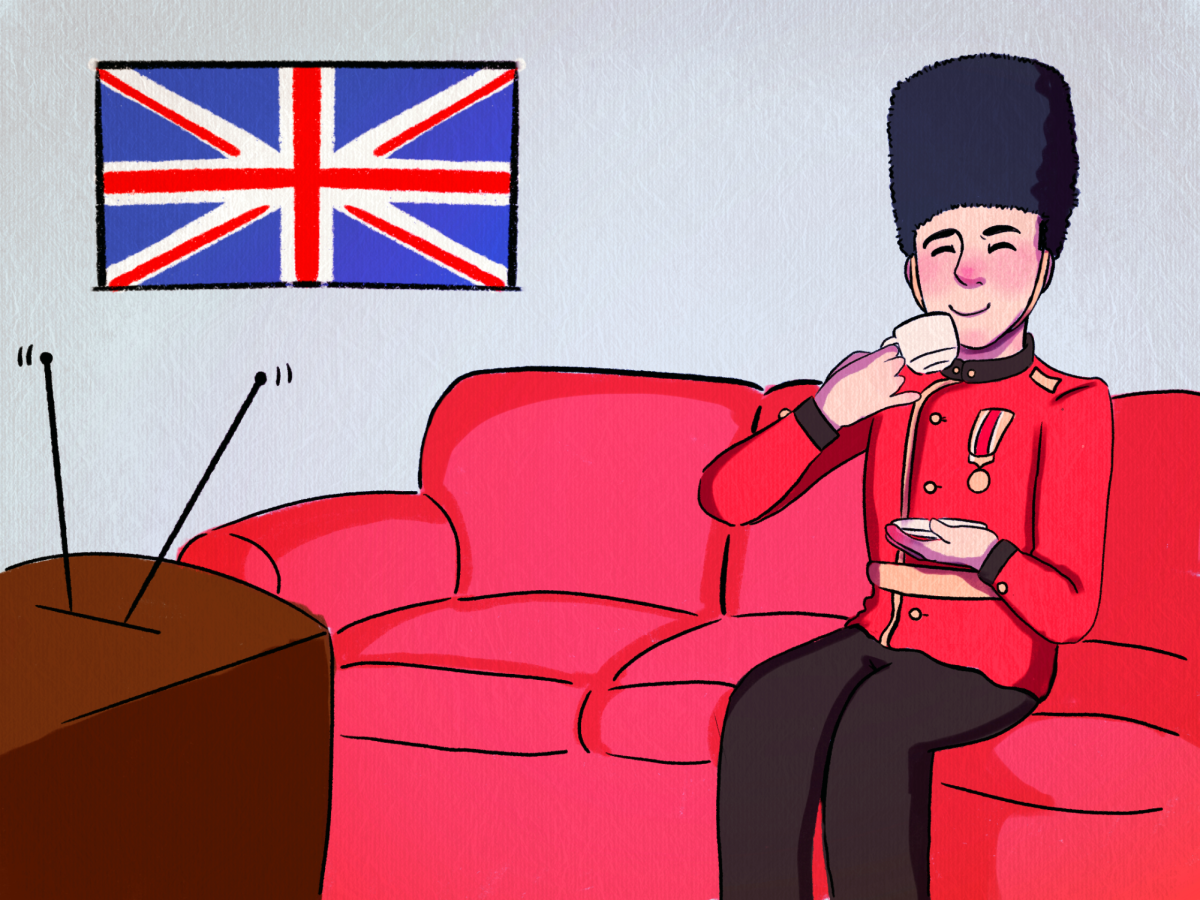After an extremely revealing midterm election, most are unaware of the implications the results might mean for America. Many are quick to purport their party’s ability to assert its will in Congress, but this is foolish and a misunderstanding of what indeed transpired Nov. 2. Republicans took control of the U.S. House of Representatives and Democrats held a small majority in the Senate.
This means two things: First, Americans are hurting. This is no surprise. We are in the worst economic climate since the Great Depression. One in 10 Americans are out of work. Slews of the working class are underemployed and living paycheck to paycheck. With adversity comes frustration. President Barack Obama and the Democrat-laden Congress apparently have either not done enough to fix these issues, not communicated such efforts effectively enough to the American people or simply not corrected the hardships Americans have been feeling over the past few years quickly enough.
Second, the change of hands of power in the House of Representatives and lessening of the stronghold the Democrats had in the Senate means that everyone will now be forced to work together. The rhetoric of the Republicans was filled with sound bites alluding to the repeal of health care reform, etc. These will not occur with a Democratic majority in the Senate and a Democrat as president with the power to veto legislation.
Although the significant gains in the House of Representatives are a concern for the Democratic Party, Republicans would best be served to take a breath and look at the reality of the situation they are now in at the Capitol. Even Republican strategists are calling this a shift of frustration more than a shift of confidence. Erick Erickson, a Republican contributor on CNN and editor-in-chief of the conservative website RedState.com, stated that Republicans “”have to be cautious, though, because the polling is showing that voters still don’t trust the GOP.””
If the two parties fail to work together and approach each issue looking at party lines, rather than taking each one as an issue in and of itself, America’s frustration will continue five fold in the Congressional stalemate that will occur.
“”Compromise”” is the word of the day, month, year, decade and maybe century. Rather than seeing political party lines, Congress must see the lines forming outside of soup kitchens, payday loan establishments, salvation armies and food stamp distribution locations. We, as Americans, are fighting through some of the toughest adversity our country has seen in close to 80 years and, as such, it is time for our representative Congress to work together across party lines.
Though these two parties have differing philosophies on how to bring about the best state of living, they need to acknowledge these differences and work to find common ground. We hear these phrases all the time, phrases such as “”common ground,”” “”compromise,”” “”work together,”” yet nothing seems to happen. As the power of the parties shifts in Congress and the White House, it seems to be a pervasively recurring theme.
I just wonder when these two parties will begin to understand the message, that Americans want things done, not stalemates, political posturing or hateful campaign ads. Some argue that is it a necessary evil within the political process to get things done, but I reject this claim and hold that it is simply a conditioned element of the process that has existed so long, people have accepted it as reality. We essentially have a bipartisan system with both parties set on the notion that it is a single-party system. How much longer?
— Tyler Quillin is a senior majoring in philosophy and English. He is also the academic affairs executive director for the Associated Students of the University of Arizona. He can be reached at letters@wildcat.arizona.edu.








